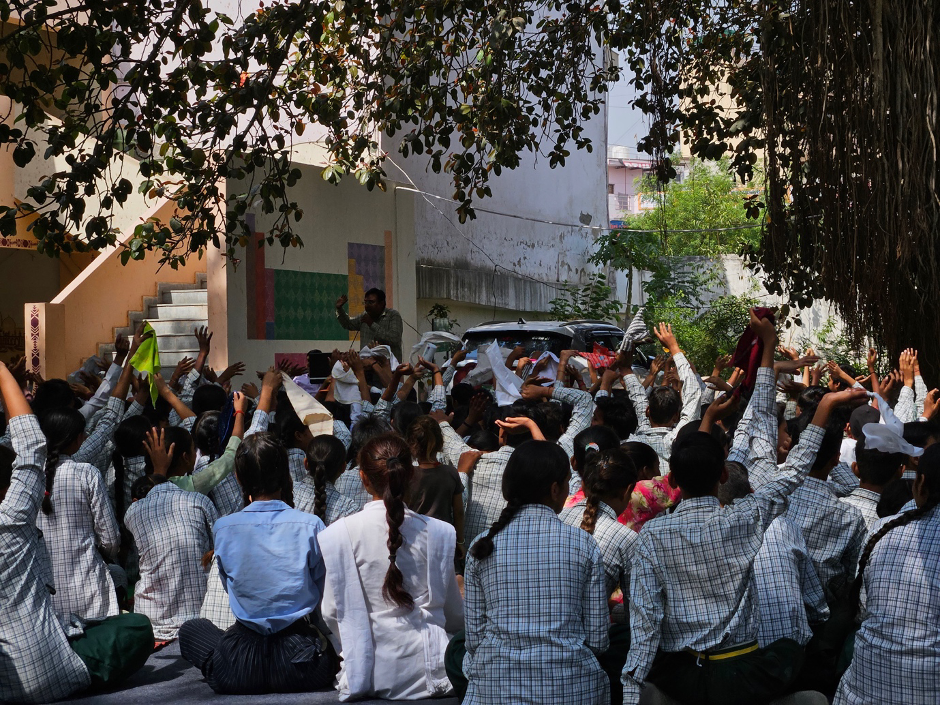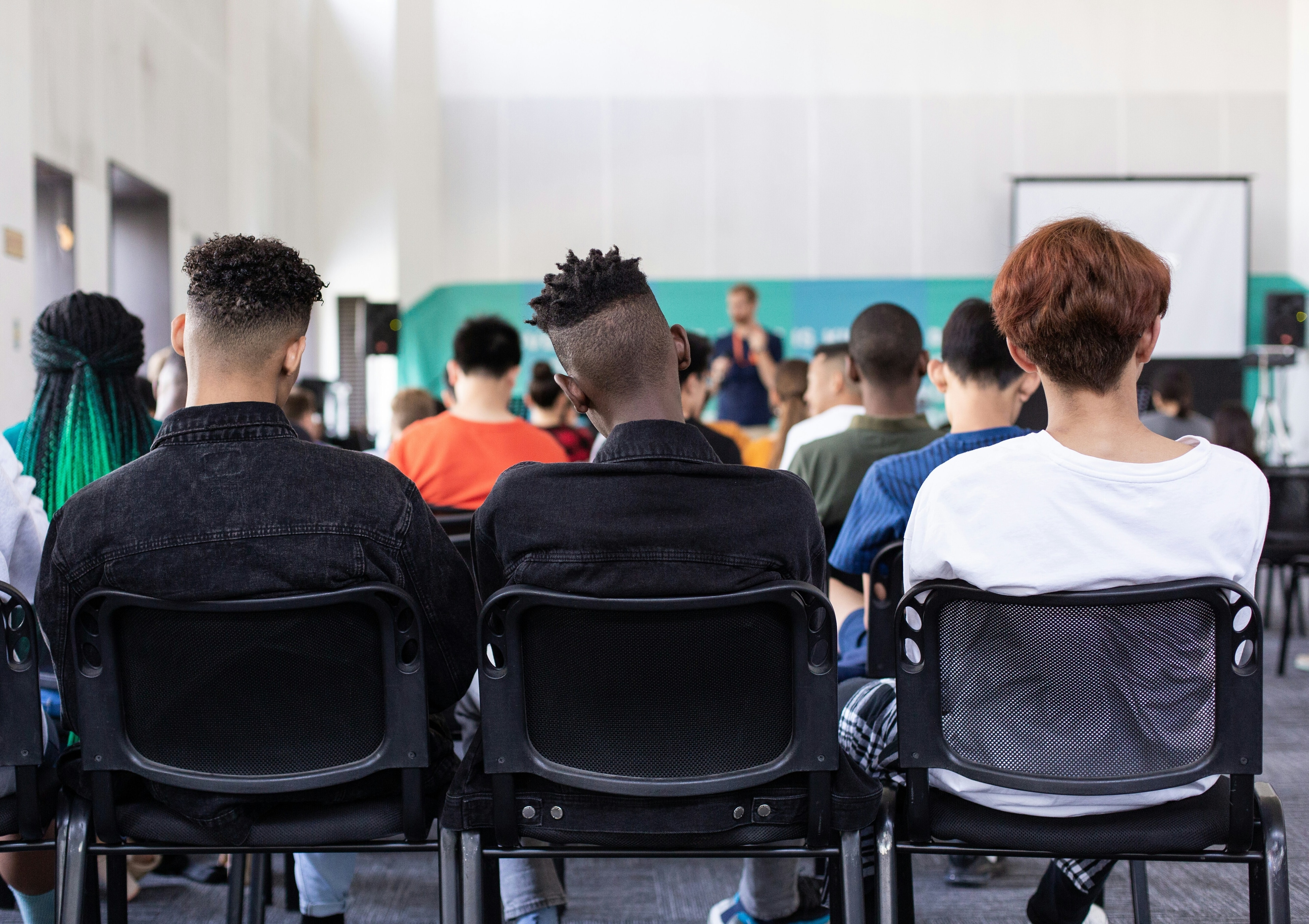Behind the scenes with Afghanistan's first all-female orchestra

A new interactive website offers an intimate portrait of the orchestra's first international tour Image: REUTERS/Ahmad Masood
Earlier this year, a musical performance took place that was a world first, both for the audience and the performers.
It was given by the Zohra Orchestra, Afghanistan's first all-female musical ensemble, who had flown to Switzerland to perform at the World Economic Forum in Davos, from a country in which, until recently, music was illegal and women were oppressed to the point of invisibility.
Zohra's members are the first women in their communities and country to have studied music in 30 years. Their journey has been one of persistence and bravery in the face of lingering cultural opposition to female emancipation. Zohra's members have faced threats to them and their families from those who still cling to the Taliban's violent ideology.
But despite this, Zohra has grown from a group of fewer than 10 friends to an orchestra of more than 30 members, led by the country's first two female conductors. This group is not simply a consequence of a changing Afghanistan: they are the change.
Not only was their concert in Davos Zohra's first performance outside Afghanistan, it was the first time most its members had travelled outside their country. And Davos was only the beginning. The World Economic Forum produced a tour, and the orchestra embarked on a European adventure that included concerts in Geneva, Zürich, Weimar and Berlin.
Now you can go behind the scenes of the orchestra's first international tour. Visit zohra-music.org to learn more about their story and get involved.
Theirs is an especially remarkable journey given Afghanistan's troubled recent history. Under the Taliban, music was outlawed. Playing anything other than specified religious chants could lead to imprisonment. The regime's subjugation of women, meanwhile, was infamously cruel and severe: women were forbidden from attending public gatherings of any kind, and even from speaking loudly in public or having any direct contact with males to whom they were not related. Education was also forbidden to girls older than eight.
The idea that girls could study music would have been unthinkable.
And so when a young trumpeter called Meena approached the director of the Afghanistan National Institute of Music (ANIM) in 2014 to ask if she and her friends could form an all-female ensemble, it showed, in many ways, how far the country has come from under the Taliban’s grim shadow.
But there's a long way still to go. Negin Khpalwak, one of Zohra’s two conductors, has told of the death threats she and her family have received from their fellow villagers as a result of her musical studies.
"But I'm not scared,” she told CBS news earlier this year. “I will continue my studies, because if we stay in the home, the new generation will also stay in the home. If we open the door for other generations, it will be good."
The day after their performance in Berlin, in February 2017, the girls of Zohra paid a visit to the city’s zoo. Between taking selfies in front of penguins, mimicking the baboons and sitting in awe in front of elephants, they chanced upon a playground. There, they rushed to the slides and the swings. Nineteen-year-old Zarifa, Negin's fellow conductor, said: “You know, in our country we have never played like this before.”
There is no happy ending to this story. Life back home continues. And all we as an international community can do, is support these courageous young women.
Don't miss any update on this topic
Create a free account and access your personalized content collection with our latest publications and analyses.
License and Republishing
World Economic Forum articles may be republished in accordance with the Creative Commons Attribution-NonCommercial-NoDerivatives 4.0 International Public License, and in accordance with our Terms of Use.
The views expressed in this article are those of the author alone and not the World Economic Forum.
Stay up to date:
Youth Perspectives
Related topics:
Forum Stories newsletter
Bringing you weekly curated insights and analysis on the global issues that matter.
More on Youth PerspectivesSee all
Christie Burley and Inés Yábar
November 5, 2025







